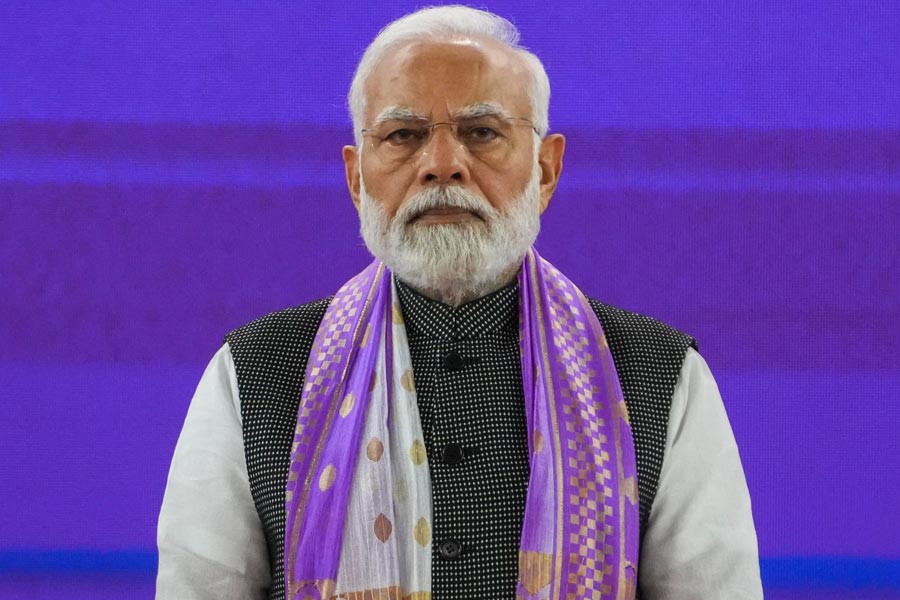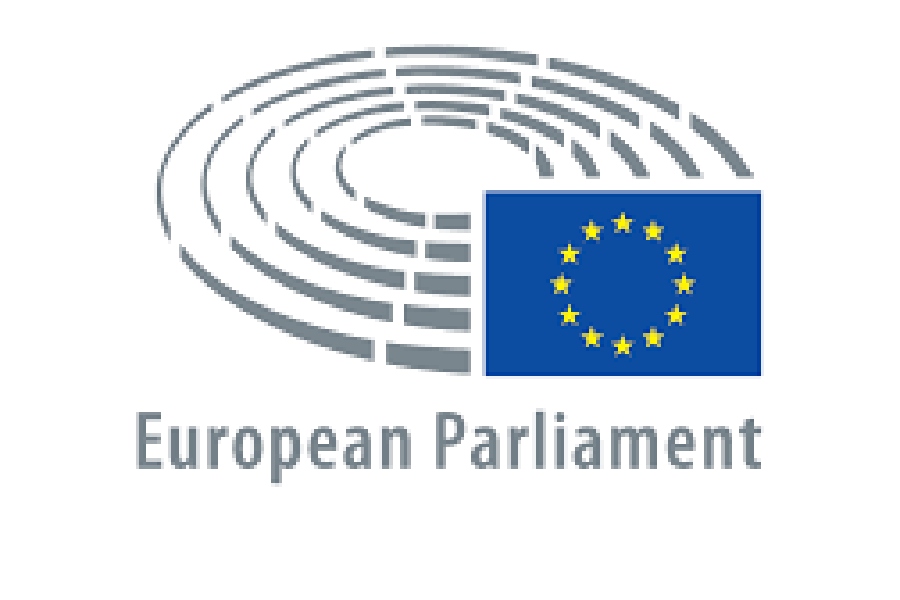The European Parliament on Thursday adopted a joint motion moved by five groups on the situation in Manipur which — apart from urging Indian authorities to protect all religious minorities — called upon the European Union to make human rights an integral part of the partnership with India.
The motion was voted in by a show of hands in a fairly full house at the European Parliament at Strasbourg in France around the time Air India One was landing in Paris with Prime Minister Narendra Modi. The Prime Minister is on a state visit to France.
As with the resolutions submitted, the short debate on the situation in Manipur on Wednesday evening, which preceded Thursday’s vote, saw Members of the European Parliament (MEPs) express concern about the shrinking space for democracy, minorities and civil rights in India.
Given the importance attached to the relationship with India, several of the MEPs who spoke calibrated their interventions accordingly while stressing the need for the EU to take up concerns about human rights and religious freedom publicly with New Delhi. This was articulated in the motion that was adopted also.
“Parliament reiterates its call for human rights to be integrated into all areas of the EU-India partnership, including in trade. MEPs also advocate for the EU-India Human Rights Dialogue to be reinforced and encourage the EU and its member states to systematically and publicly raise human rights concerns, notably on freedom of expression, religion and the shrinking space for civil society, with the Indian side at the highest level,” the motion said.
Late in the night, the external affairs ministry reacted to the vote and said: “Such interference in India’s internal affairs is unacceptable, and reflects a colonial mindset.’’
Stating that Indian authorities at all levels, including the judiciary, are seized of the situation in Manipur and are taking steps to maintain peace and harmony and law and order, ministry spokesman Arindam Bagchi added: “The European Parliament would be well advised to utilise its time more productively on its internal issues.”
India had sought to stall the discussion and the vote on the premise that the situation in Manipur is an internal matter. The joint resolution is not legally binding on the EU or any of its members but it represents an across-the-political-spectrum consensus that could be used by the Union collectively or constituent countries bilaterally in negotiations with India.
Sven Simon of the European People’s Party said: “With this resolution, we call upon the most populous democracy just to do what it is duty-bound to do by its Constitution — to maintain religious freedom also for Christians in Manipur.”
Pierre Larrouturou from the Socialists & Democrats Group was scathing in his criticism of Modi, pointing out that he has been “implementing radical nationalist Hindu policy which has had terrible consequences” for journalists, religious minorities, and human rights fighters.
In his intervention during the discussion on Wednesday night, Larrouturou stressed the need for the resolution to be clear in “denouncing the nationalistic discourse of Mr. Modi. The government has to fully respect fundamental freedoms, freedom of expression and religious freedoms for everyone….They have to accept democratic functioning, no longer criminalizing anyone who criticizes government policy. That’s what democracy is about…”.
Finnish Green politician Alvina Almetsa said the EU ought to be worried about the worsening human rights situation in India. “Freedom of press has narrowed, journalists and activists have been arrested for false reasons, discrimination and hate have increased….”
Dutch politician Bert-Jan Ruissen — who is part of the European Conservatives and Reformists group — went to the extent of saying that the EU should not talk about a new trade agreement with India without “iron-clad guarantees” on ending ethnic and religious violence, and “Hindu extremism”.
According to Spanish politician Miguel Urban Crespo of the Left Group of MEPs, “ethnic and religious minorities in India are systematically discriminated against, they are stigmatized and persecuted by the extreme right of Modi. Same applies to those who level criticism at the government”.
Stating that the situation in Manipur is the result of the “xenophobic” policies of the Indian government, Crespo also referred to efforts made by India to stall this discussion in the European Parliament. “The same government which issues veiled threats so that the kind of debates we are having do not occur. Enough of silent diplomacy. We must outright condemn the systematic abuses perpetrated by the Indian government and we must clamour for the release of all political prisoners. Trade relations and political relations must be tied to compliance with human rights. It is high time to send a crystal clear message of support to the Indian people.”












